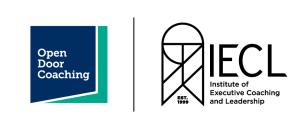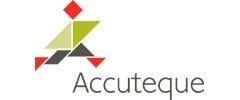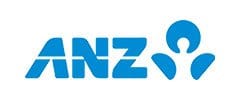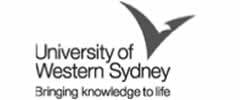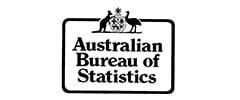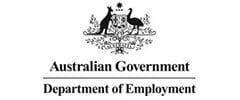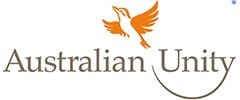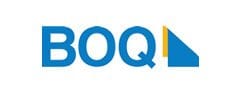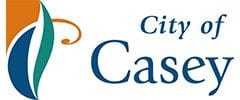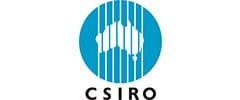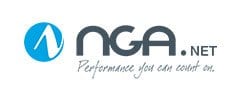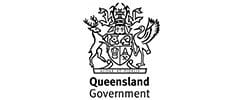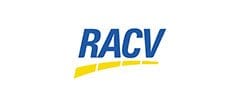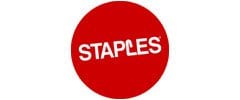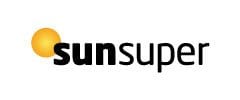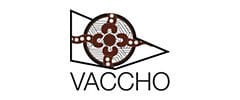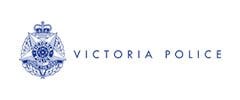During our Coaching Café this week we continue our conversations around getting ready for annual performance reviews. Over the past couple of weeks, we’ve looked at key tips and a framework to set those conversations up for success. In particular, how to manage the trickier conversations. This week we turn our attention answering whatever question you’d like to throw at us!
Importantly:
How can we avoid the tick boxing exercise?
and
What are the best questions to ask?
Listen to the Coaching Cafe podcasts
Asking the experts
Of course, we are always answering questions during our Coaching Cafes. In addition, drawing on the collective experience of the Alumni on the line. Importantly, this gives us the chance as a group to continue our coaching practice. Furthermore, in our Coaching Café this week Natalie and our Resident HR Specialist, Paula-Jones Hunt share their ideas and answer the common questions that we receive often.
How can we avoid the tick boxing exercise?
One of the common concerns is that the annual performance review is just a ‘box ticking exercise’. Worse still, a cut and paste from last year. In addition, all too often, it is the manager who has to do all the preparation.
In response, we have some key tips:
Firstly, this can be avoided with preparation on the part of the manager AND the team member.
Second, it is important to remember that we want to have regular conversations throughout the year. Not just an annual conversation. Furthermore, there should be no surprises!
Third, we suggest that the employee (or person who’s review we are doing) provides a solid reflection and input into the process, rather than just relying on their manager. This may sound obvious; it is not always the case. This preparation can start with setting the time aside for reflection and asking some good coaching questions.
In addition, Paula also talks about the manager setting the tone for the conversation. This means emphasising that the conversation is an important one. Furthermore, it is about reflection and development.
Finally, the conversation is one that needs to be scheduled and that we want to make the time for – rather than rushing through the exercise.
What are the best questions to ask?
Taking the time answer some quality coaching questions in preparation for the discussion is important. You can give your employee some questions to reflect upon. And do your own thinking. We cover many of these coaching questions in our Certificate IV in Workplace and Business Coaching program. For example:
- What are you most proud of?
- In addition, what have been the highlights or major achievements?
- Furthermore, what would you like to improve?
- What have been the biggest challenges? And how did you overcome those challenges?
- Importantly, how can you play to your strengths?
- And what would you like to achieve moving forward?
You don’t have to ask all these questions. And we are sure that you have your own favourites. However, we’ve been told that these feel natural, rather than strained. And our goal is to have a purposeful and flowing conversation. Furthermore, a conversation that encourages engagement and moving forward.
Research suggests that annual performance conversations can really build engagement and motivation. Especially when they are focussed on strengths. And we want to encourage on-going conversations – not just a random once-a-year conversation.
How to move forward?
Perhaps you are involved in developing annual performance systems? Or coaching managers to coach their people? Maybe you are a manager embarking on the annual performance review season? Or getting yourself ready for your own performance review?
We are going to face some tricky questions from time to time. Importantly, this is a webinar that will assist you in moving forward.
FREE Coaching Cafe Webinar
Every week our team of experts present “Coaching Cafe” webinar with topics for Managers, Leaders, Business Owners, and everyone who wants to be a better workplace coach, leading their teams to higher productivity, better outcomes and a happier, healthier workplace.
